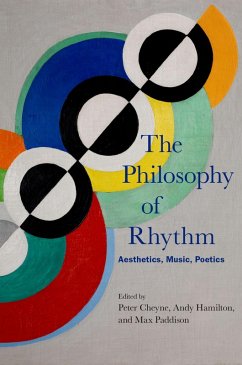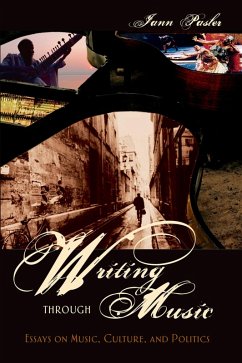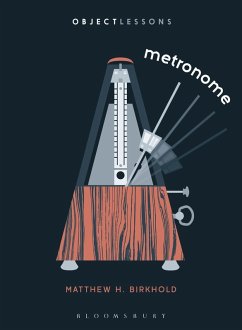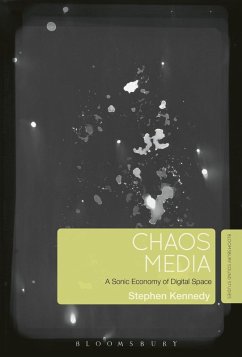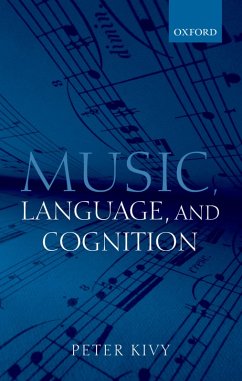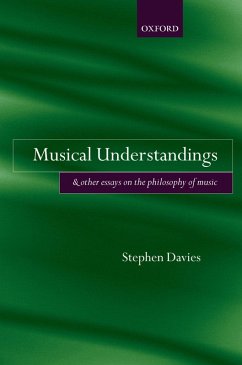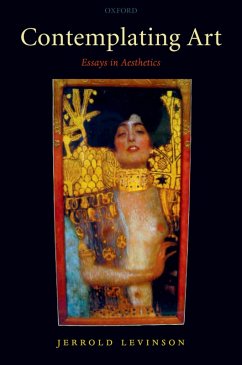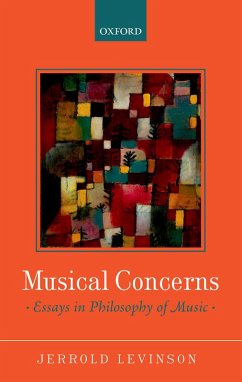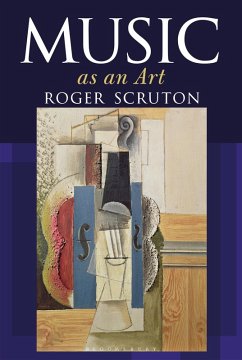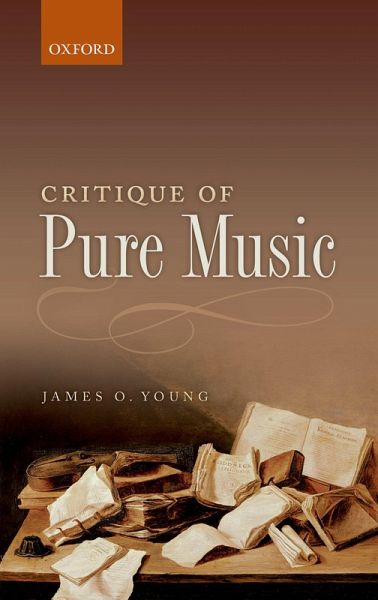
Critique of Pure Music (eBook, PDF)

PAYBACK Punkte
14 °P sammeln!
Why do we value music? Many people report that listening to music is one of life's most rewarding activities. In Critique of Pure Music, James O. Young seeks to explain why this is so. Formalists tell us that music is appreciated as pure, contentless form. On this view, listeners receive pleasure, or a pleasurable 'musical' emotion, when they explore the abstract patterns found in music. Music, formalists believe, does not arouse ordinary emotions such as joy, melancholy or fear, nor can it represent emotion or provide psychological insight. Young holds that formalists are wrong on all counts....
Why do we value music? Many people report that listening to music is one of life's most rewarding activities. In Critique of Pure Music, James O. Young seeks to explain why this is so. Formalists tell us that music is appreciated as pure, contentless form. On this view, listeners receive pleasure, or a pleasurable 'musical' emotion, when they explore the abstract patterns found in music. Music, formalists believe, does not arouse ordinary emotions such as joy, melancholy or fear, nor can it represent emotion or provide psychological insight. Young holds that formalists are wrong on all counts. Drawing upon the latest psychological research, he argues that music is expressive of emotion by resembling human expressive behaviour. By resembling human expressive behaviour, music is able to arouse ordinary emotions in listeners. This, in turn, makes possible the representation of emotion by music. The representation of emotion in music gives music the capacity to provide psychological insight-into the emotional lives of composers, and the emotional lives of individuals from a variety of times and places. And it is this capacity of music to provide psychological insight which explains a good deal of the value of music, both vocal and purely instrumental. Without it, music could not be experienced as profound. Philosophers, psychologists, musicians, musicologists, and music lovers will all find something of interest in this book.
Dieser Download kann aus rechtlichen Gründen nur mit Rechnungsadresse in A, B, BG, CY, CZ, D, DK, EW, E, FIN, F, GR, HR, H, IRL, I, LT, L, LR, M, NL, PL, P, R, S, SLO, SK ausgeliefert werden.





